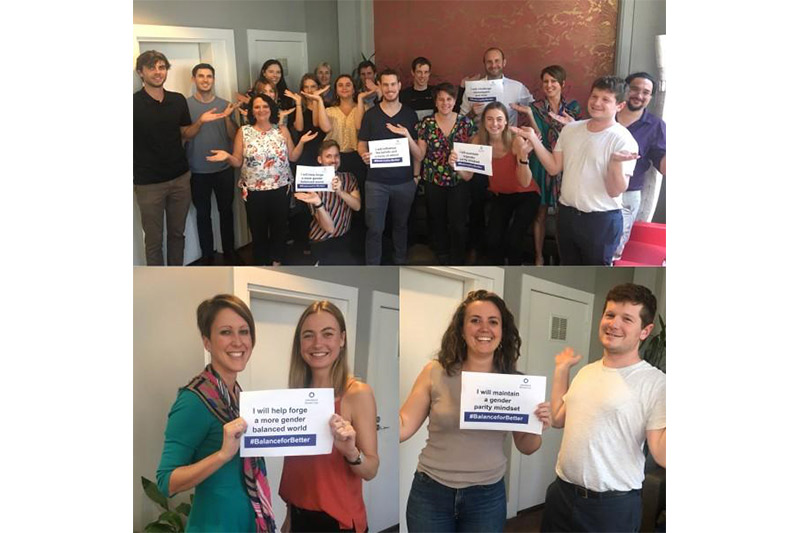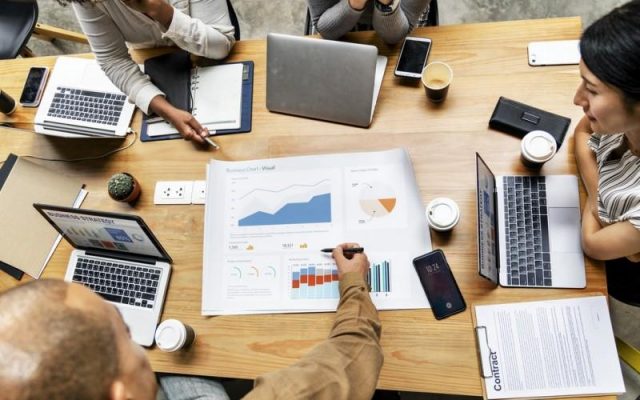
How can evaluators #BalanceforBetter?
This year’s International Women’s Day challenged us to think about what we can do to #BalanceforBetter. As our staff celebrated today, we started to think about what we can do as evaluators to support a more balanced world.
Have you heard of feminist evaluation? It draws on feminist theory and isn’t so much an approach as a way of thinking about evaluation. Feminist evaluators may draw on participatory, empowerment and democratic approaches to evaluation – valuing diverse voices. Feminist evaluation recognises that evaluation is inherently political – it is not only stakeholders who bring particular perspectives to an evaluation, but evaluators too – and encourages evaluators to use evidence to advocate for changes that addresses gender inequities. Want to find out more? See this Better Evaluation blog on Feminist Evaluation.
Better Evaluation also has a page on Gender Analysis, which explains the difference between definitions of gender as category versus gender as process of judgement and value related to stereotypes of femininity and masculinity, and suggests steps for gender analysis in evaluation.
UN Women also have resources: Inclusive Systemic Evaluation for Gender equality, Environments and Marginalized voices (ISE4GEMs): A new approach for the SDG era, which provides theory and pratical guidance, and an Evaluation Handbook: How to manage gender-responsive evaluation, which provides guidance on gender-responsive evaluation in the context of UN Women, with links to a range of tools.
As evaluators, we’re often encouraged to think about how we can evaluate programs at both a state and agency level with reference to the United Nation’s Sustainable Development Goals (SDGs). Goal 5 recognises that Gender Equality ‘is not only a fundamental human right, but a necessary foundation for a peaceful, prosperous and sustainable world.’ We caqn bring the targets for this Goal – such as ending all forms of discrimination against all women and girls everywhere – into our evaluations to measure progress.
Regardless of whether we practice feminist evaluation or consider SDG Gender Equality targets, we should always be aware of the power dynamics in evaluation. At the Australian Evaluation Society (AES) Conference in Launceston last year, Tracy McDiarmid (International Women’s Development Agency), Amanda Scothern (International Women’s Development Agency), Paulina Belo (Alola Foundation) had us play out gendered power dynamics and how these could be disrupted using performative methods.
With the sub-theme ‘Who should hold the box? – Questioning power, exploring diversity’ at this year’s Australian Evaluation Society (AES) Conference in Sydney, we hope to see others bringing creative techniques to enable evaluators to address inequities and #BalanceforBetter.




